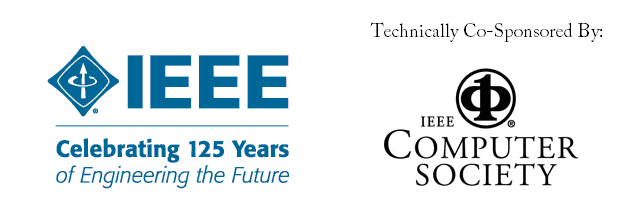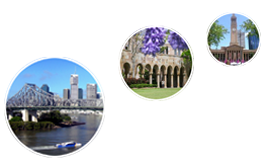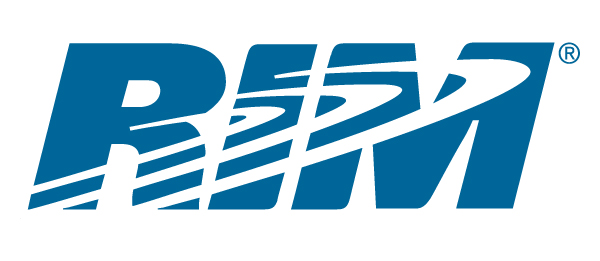- UIC 2010, October 26-29, 2010, Xi'an, China
http://www.nwpu.edu.cn/uic2010/ - ATC 2010, October 26-29, 2010, Xi'an, China
http://www.nwpu.edu.cn/atc2010/ - Conference proceeding is now online.
- Program and the PDF version are now available.
- Tourist info is now available.
ATC-09 is technically co-sponsored by the IEEE and the IEEE Computer Society Technical Committee on Scalable Computing

Ubiquitous computers, networks and information are paving a road towards a smart world (SW) in which computational intelligence is distributed throughout the physical environment to provide trustworthy and relevant services to people. This ubiquitous intelligence (UI) will change the computing landscape because it will enable new breeds of applications and systems to be developed; the realm of computing possibilities will be significantly extended. By embedding digital intelligence in everyday objects, our workplaces, our homes and even ourselves, many tasks and processes could be simplified, made more efficient, safer and more enjoyable. Ubiquitous computing, or pervasive computing, composes these many "smart things/u-things" to create the environments that underpin the smart world.
A smart thing can be endowed with different levels of intelligence, and may be context-aware, active, interactive, reactive, proactive, assistive, adaptive, automated, sentient, perceptual, cognitive, autonomic and/or thinking. Intelligent/smart things is an emerging research field covering many disciplines. A series of grand challenges exist to move from the world of ubiquitous computing with universal services of any means/place/time to the smart world of trustworthy services with the right means/place/time.
A series of grand challenges exist to achieve practical self-manageable autonomic systems with truly trustworthy services. ATC-09 addresses the most innovative research and development in these challenging areas and includes all technical aspects related to autonomic/organic computing (AC/OC) and trusted computing (TC).
The topics to be covered at the conference include, but are not limited to, the following:
- AC/OC Theory and Models: Nervous/organic models, negotiation, cooperation, competition, self-organization, emergence, etc.
- AC/OC Architectures and Systems: Autonomic elements & their relationship, frameworks, middleware, observer/controller architectures, etc.
- AC/OC Components and Modules: Memory, storage, database, device, server, proxy, software, OS, I/O, etc.
- AC/OC Communication and Services: Networks, self-organized net, web service, grid, P2P, semantics, agent, transaction, etc.
- AC/OC Tools and Interfaces: Tools/interfaces for AC/OC system development, test, monitoring, assessment, supervision, etc.
- Trust Models and Specifications: Models and semantics of trust, distrust, mistrust, over-trust, cheat, risk, reputation, reliability, etc.
- Trust-related Security and Privacy: Trust-related secure architecture, framework, policy, intrusion detection/awareness, protocols, etc.
- Trusted Reliable and Dependable Systems: Fault-tolerant systems, hardware redundancy, robustness, survivable systems, failure recovery, etc.
- Trustworthy Services and Applications: Trustworthy Internet/web/grid/P2P e-services, mobile/pervasive services, novel applications, etc.
- Trust Standards and Non-Technical Issues: Trust standards and issues related to personality, ethics, sociology, culture, psychology, economy, etc.
Conference Important Dates
| Papers due | 1 |
| Notification of acceptance | 16 March 2009 |
| Camera-ready papers due | 15 April 2009 |
Click here for workshops' important dates!

